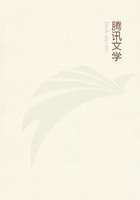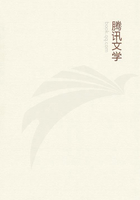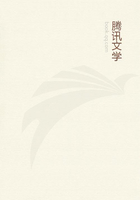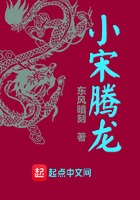In estimating what is good or evil in itself, as distinguished from what can be so called only relatively, the following points are to be considered.Either a rational principle is already conceived, as of itself the determining principle of the will, without regard to possible objects of desire (and therefore by the more legislative form of the maxim), and in that case that principle is a practical a priori law, and pure reason is supposed to be practical of itself.The law in that case determines the will directly; the action conformed to it is good in itself; a will whose maxim always conforms to this law is good absolutely in every respect and is the supreme condition of all good.Or the maxim of the will is consequent on a determining principle of desire which presupposes an object of pleasure or pain, something therefore that pleases or displeases, and the maxim of reason that we should pursue the former and avoid the latter determines our actions as good relatively to our inclination, that is, good indirectly, i.e., relatively to a different end to which they are means), and in that case these maxims can never be called laws, but may be called rational practical precepts.The end itself, the pleasure that we seek, is in the latter case not a good but a welfare;not a concept of reason, but an empirical concept of an object of sensation; but the use of the means thereto, that is, the action, is nevertheless called good (because rational deliberation is required for it), not however, good absolutely, but only relatively to our sensuous nature, with regard to its feelings of pleasure and displeasure; but the will whose maxim is affected thereby is not a pure will; this is directed only to that in which pure reason by itself can be practical.
This is the proper place to explain the paradox of method in a critique of practical reason, namely, that the concept of good and evil must not be determined before the moral law (of which it seems as if it must be the foundation), but only after it and by means of it.
In fact, even if we did not know that the principle of morality is a pure a priori law determining the will, yet, that we may not assume principles quite gratuitously, we must, at least at first, leave it undecided, whether the will has merely empirical principles of determination, or whether it has not also pure a priori principles;for it is contrary to all rules of philosophical method to assume as decided that which is the very point in question.Supposing that we wished to begin with the concept of good, in order to deduce from it the laws of the will, then this concept of an object (as a good) would at the same time assign to us this object as the sole determining principle of the will.Now, since this concept had not any practical a priori law for its standard, the criterion of good or evil could not be placed in anything but the agreement of the object with our feeling of pleasure or pain; and the use of reason could only consist in determining in the first place this pleasure or pain in connexion with all the sensations of my existence, and in the second place the means of securing to myself the object of the pleasure.Now, as experience alone can decide what conforms to the feeling of pleasure, and by hypothesis the practical law is to be based on this as a condition, it follows that the possibility of a priori practical laws would be at once excluded, because it was imagined to be necessary first of all to find an object the concept of which, as a good, should constitute the universal though empirical principle of determination of the will.But what it was necessary to inquire first of all was whether there is not an a priori determining principle of the will (and this could never be found anywhere but in a pure practical law, in so far as this law prescribes to maxims merely their form without regard to an object).Since, however, we laid the foundation of all practical law in an object determined by our conceptions of good and evil, whereas without a previous law that object could not be conceived by empirical concepts, we have deprived ourselves beforehand of the possibility of even conceiving a pure practical law.On the other hand, if we had first investigated the latter analytically, we should have found that it is not the concept of good as an object that determines the moral law and makes it possible, but that, on the contrary, it is the moral law that first determines the concept of good and makes it possible, so far as it deserves the name of good absolutely.

